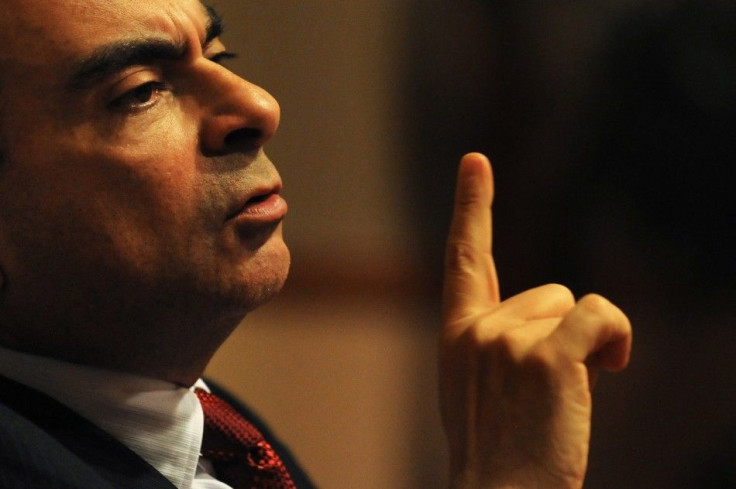
The entire automotive industry will be in Paris for an entire week and, sadly, iMotor was not invited. However, armed with a unique perspective of Europe from afar, we continue to notice a growing number of reports that suggest a less-than-optimistic outlook on the state of the European economy.
Earlier today, Renault-Nissan CEO Carlos Ghosn reports that European auto sales will be heading for a massive 8 percent drop in sales by the end of 2012. What's more, despite the critical state of the continent's financial health, Ghosn believes that a government-led restructuring model for the European auto industry along a similar vein as the 2009 American auto industry restructuring will not be in the cards. In fact, Ghosn's choice of vocabulary regarding the notion was "zero chance."
Three years ago, a response from the U.S. government was triggered by bankruptcies from two of Detroit's three major automakers: Chrysler Group and General Motors. But now, during an interview with Reuters Television at the Paris Auto Show, Ghosn believes the current situation will not play out nearly as well as it had for Chrysler and GM. "Every company is going to have to deal with its own problems," Ghosn said.
Just recently, French automaker Peugeot Citroen had announced plans to close one of its factories in order to adjust to the downturn. Given that half of Renault's sales are accounted in Europe, Renault has cut work days in order to cope with the slowdown as well.
In the case of Carlos Ghosn's company, pressure is coming from many directions. In the Nissan front, Carlos continues to battle with the banks in Japan as the continued strong valuation of the yen has caused Nissan profit margins to shrink.
Moreover, developing political tensions between China and Japan over the Senkaku Islands have caused a whole bunch of new short-term challenges. However, Carlos remains optimistic that sales in the world's largest automotive market will eventually recover. Carlos Ghosn comments, "We're watching carefully the situation, and we're adjusting our productio... There is so much commonality of interests between China and Japan."
Finally, the Renault-Nissan CEO continues to hold strongly to his position on all-electric plug-in vehicles over hybrids as the leading trend for future personal mobility. Even though Nissan's radical Leaf EV only gained lukewarm sales numbers, Renault will continue along the path Nissan started by launching an electric car of its own called 'Zoe'. According to Ghosn, the main challenge that electric vehicles now face is a lack of infrastructure. When the government and interest groups can work together to promote more rapid-charger stations populating areas that complement EV use, only then the future of automobiles truly take shape.
[Source: Reuters]




